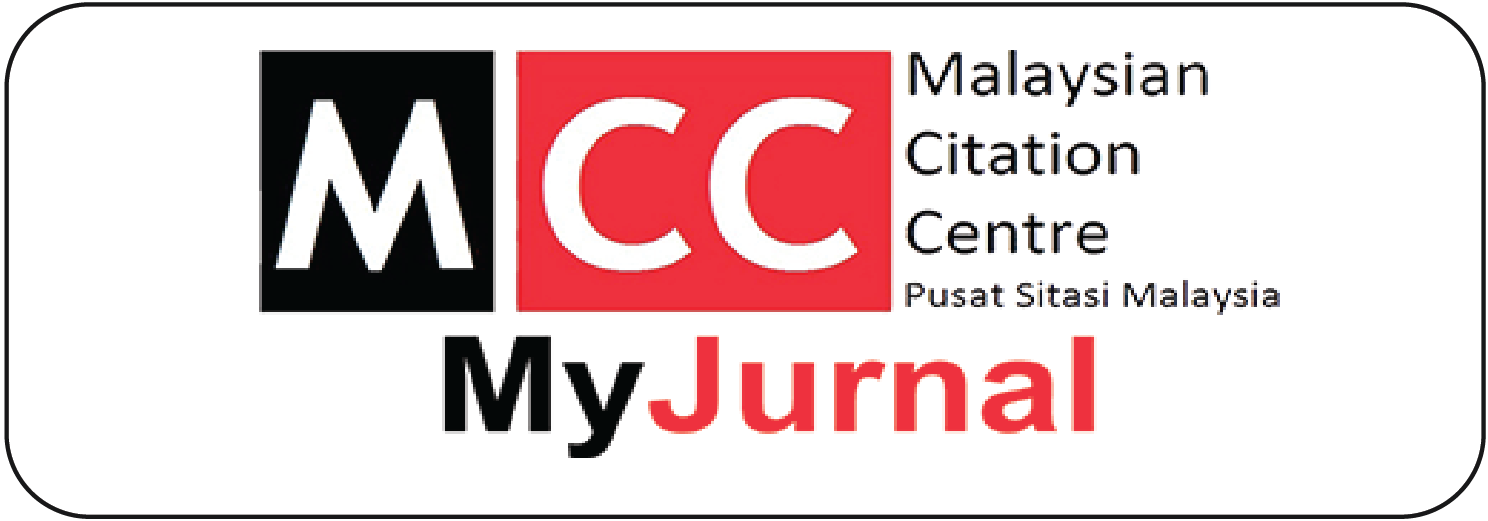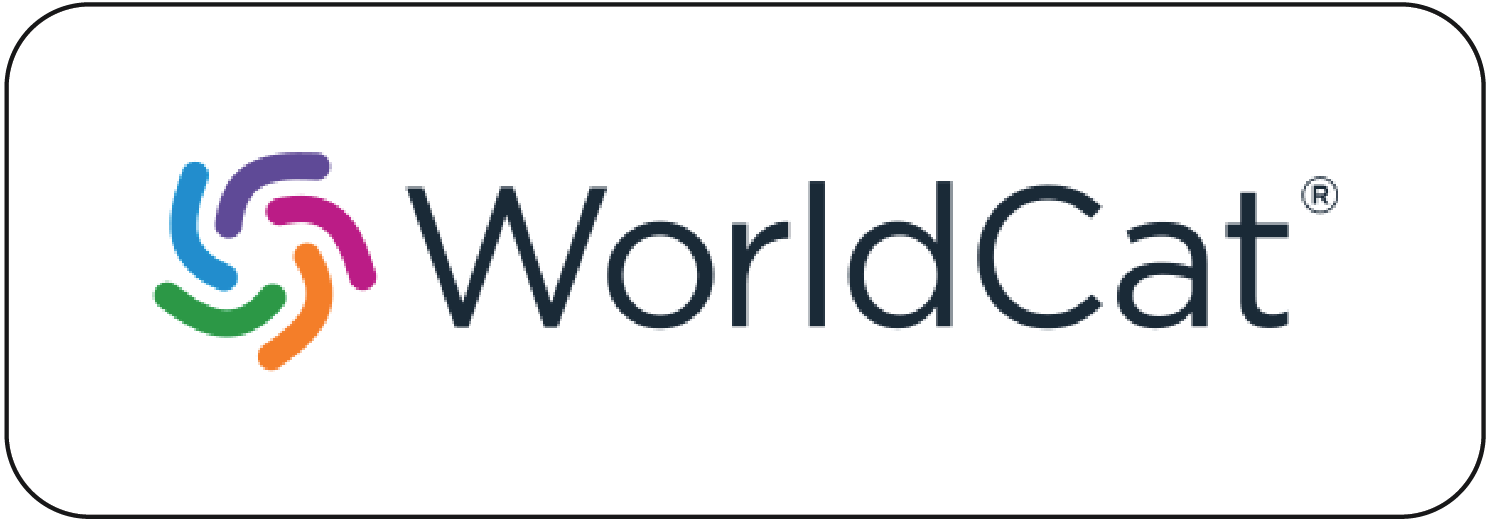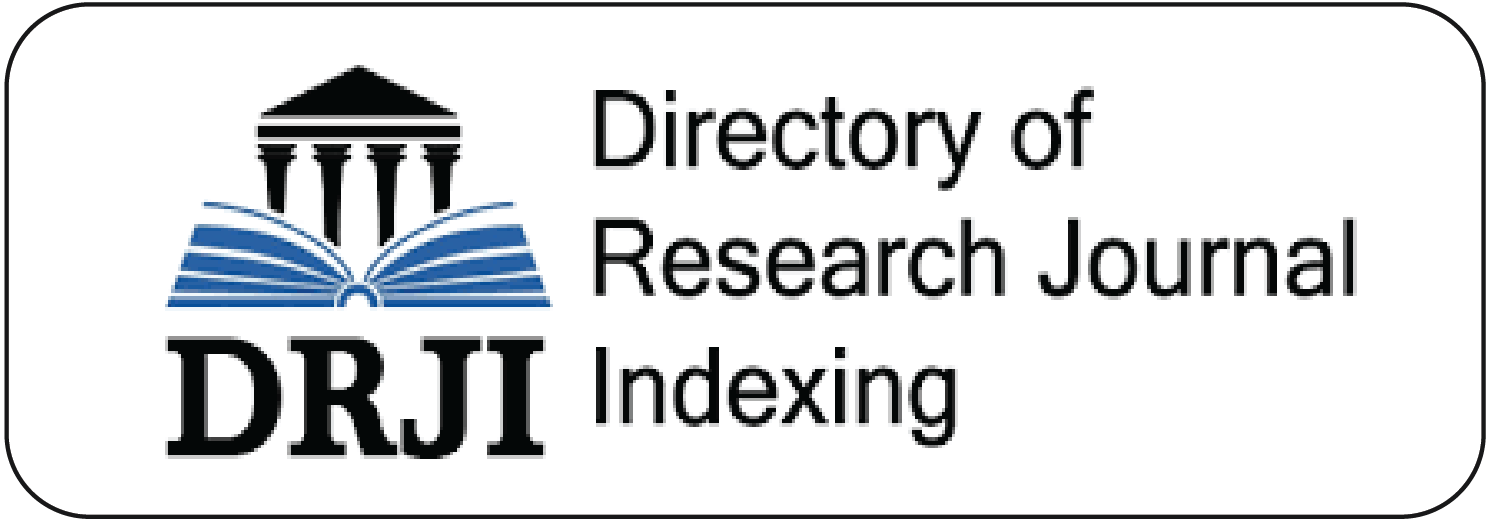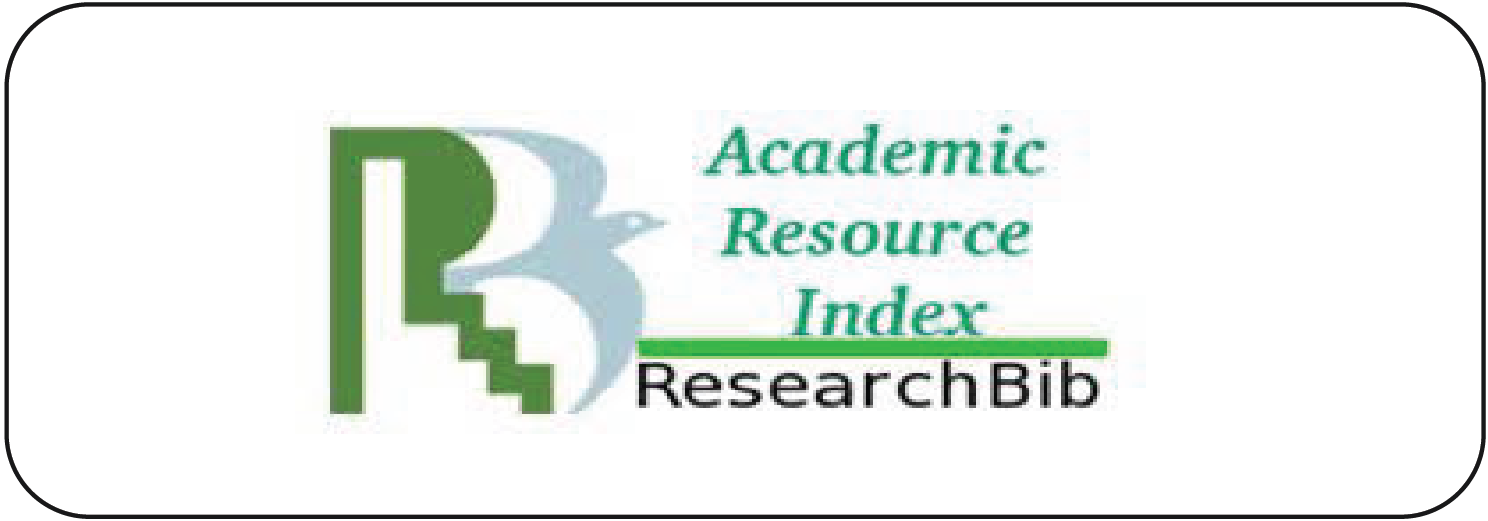Exploring Zakat Distribution Methods and Payoffs Through Scoping Reviews
DOI:
https://doi.org/10.51377/azjaf.vol6no2.215Keywords:
Scoping Review, Poverty Alleviation, Zakat DistributionAbstract
Zakat is essential for socioeconomic development, poverty reduction, and income redistribution. The intricacies and efficacy of zakat distribution methods, including as cash transfers, in-kind donations, microfinance initiatives, and educational help, are investigated in this research. The results show that one of the best ways to reduce poverty and promote financial stability is through cash transfers, especially when paired with financial literacy training. Though their success requires on strong institutional frameworks, microfinance projects offer promise in promoting economic self-sufficiency and small company development. Zakat-based education support improves school enrollment and retention rates but lacks sufficient evidence on long-term behavioral and socio-economic impacts. The study underscores the importance of context-sensitive zakat distribution practices and the need for comprehensive monitoring and evaluation systems to ensure program effectiveness. The heterogeneity of zakat interventions poses challenges for systematic reviews and meta-analyses (SRMAs), emphasising the need for methodological rigor when synthesizing evidence across diverse socio-economic and cultural contexts. Future research should focus on longitudinal studies and behavioral outcomes to strengthen the evidence base for policy and practice. This study contributes to the ongoing discourse on optimizing Zakat's role in achieving sustainable socio-economic development.
Downloads
Downloads
Published
How to Cite
Issue
Section
License
Copyright (c) 2025 Nur Ain Najwa Ahmad, Siti Nor Amira Mohamad, Noor Aznaim Adb Latib

This work is licensed under a Creative Commons Attribution-NonCommercial-NoDerivatives 4.0 International License.





















